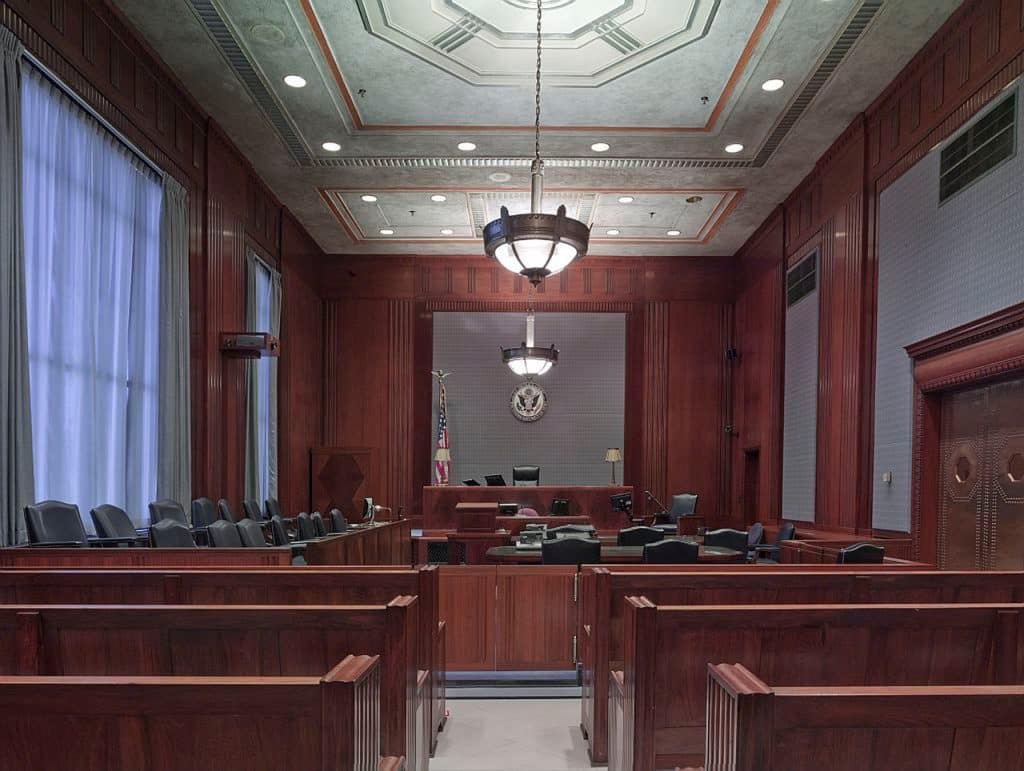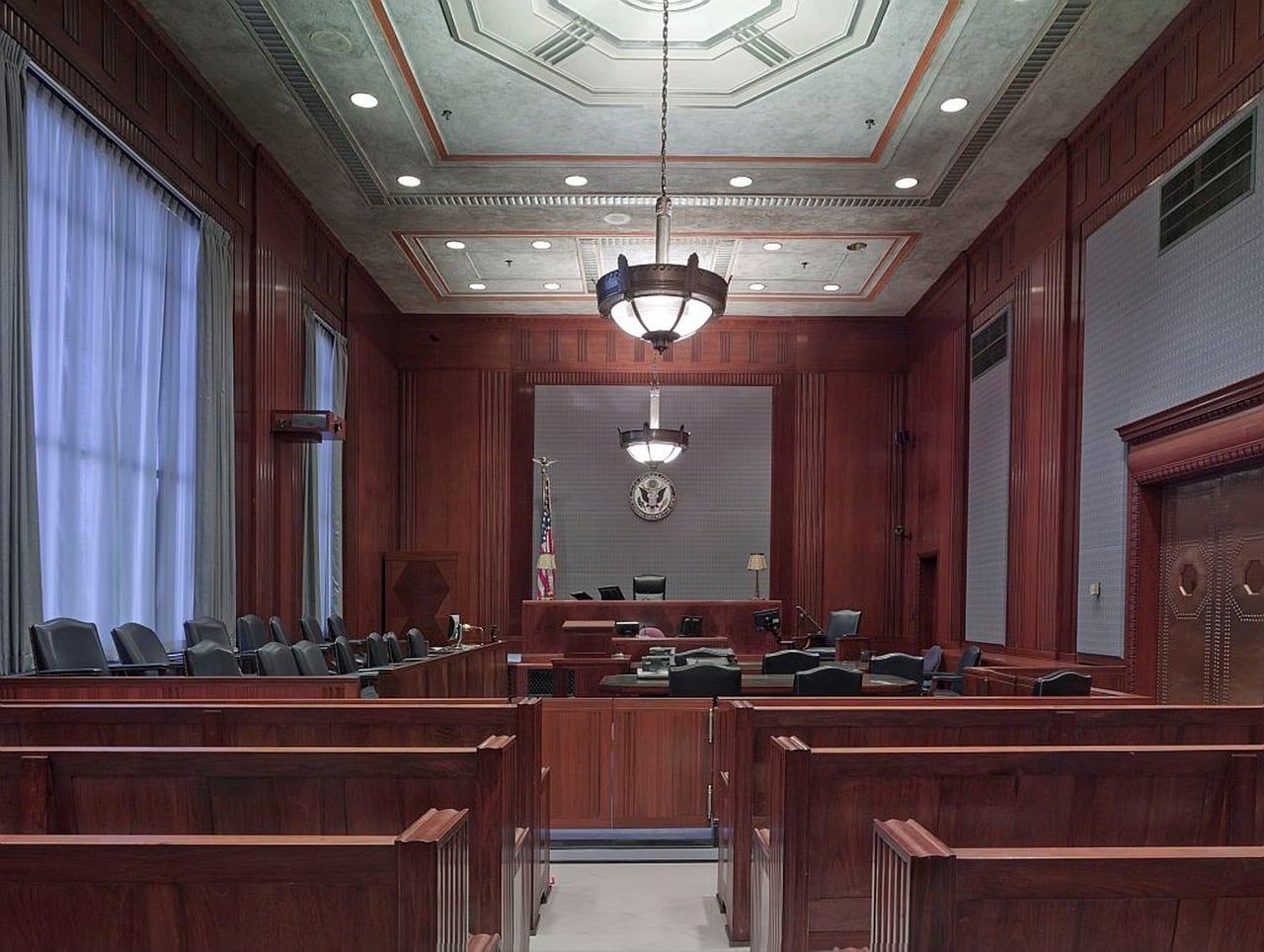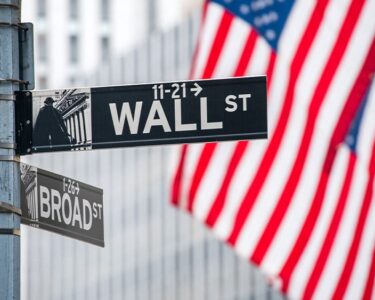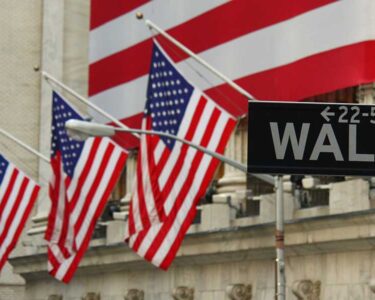Trial of Alleged Mango Markets Exploiter Avraham Eisenberg Postponed – Here’s the Latest


The trial of Avraham Eisenberg, the individual accused of exploiting Mango Markets, has been delayed per request by his lawyers.
Initially scheduled for December 4, 2023, the trial has been rescheduled to April 8, 2024, according to court documents.
Eisenberg’s legal team requested the postponement after their client was unexpectedly transferred from a New Jersey prison to the Metropolitan Detention Center (MDC) in Brooklyn, where Sam Bankman-Fried has been held since his bail was revoked in August.
Eisenberg’s lawyers argued that they require additional time to prepare a defense due to the complex legal and factual issues surrounding the case, as well as the extensive volume of discovery provided by the government.
Prosecutors opposed the motion, contending that Eisenberg committed the alleged offenses alone, on a single day, through a specific set of financial transactions.
They further argued that the defense has had ample time to prepare for the trial.
As reported, the charges against Eisenberg were brought by the Department of Justice, the Securities and Exchange Commission (SEC), and the Commodity Futures Trading Commission (CFTC) in connection with his alleged $116 million exploit of Mango Markets.
Eisenberg previously claimed that his actions were part of a highly profitable trading strategy and believed that they were legal and within the framework of the protocol, even if the consequences were not fully anticipated by the development team.
If convicted of wire fraud, Eisenberg could face a maximum sentence of up to 20 years in prison.
Bankman-Fried Faces Decades in Prison
In another high-profile crypto-related case, Sam Bankman-Fried, the convicted founder of FTX, faces the prospect of spending decades in a federal prison.
Last week, a jury found Bankman-Fried guilty of all criminal counts against him after the crypto boss’s monthlong trial wrapped up on Thursday.
The FTX founder, convicted of seven counts of fraud, conspiracy, and money laundering, faces a maximum sentence of 115 years in prison.
Meanwhile, Caroline Ellison, CEO of Alameda Research, Gary Wang, co-founder of FTX, and Nishad Singh, FTX engineering chief, are likely to receive little to no prison time for their cooperation, according to legal experts.
All three admitted to participating in fraudulent activities under Bankman-Fried’s direction, involving the transfer of billions of dollars in FTX customer funds to Alameda, a hedge fund mostly owned by Bankman-Fried.
However, they may still face other consequences. The government could demand the return of ill-gotten gains and order restitution payments to victims.
Given the government’s claim that FTX customers suffered losses in the billions, the financial burden on the three witnesses could be substantial.







